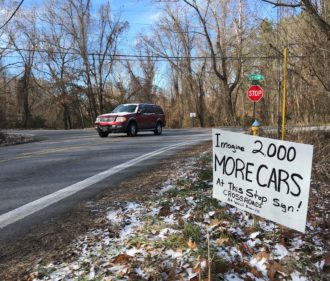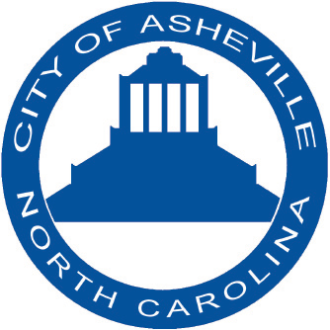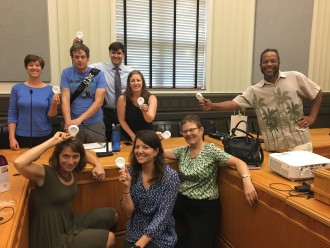The following guidelines are best practices for getting public officials to tune you in if you are involved in a development issue. Each piece of advice is based on interviews with people who used to turn thumbs up — or thumbs down — on development projects and others with experience in the field.








